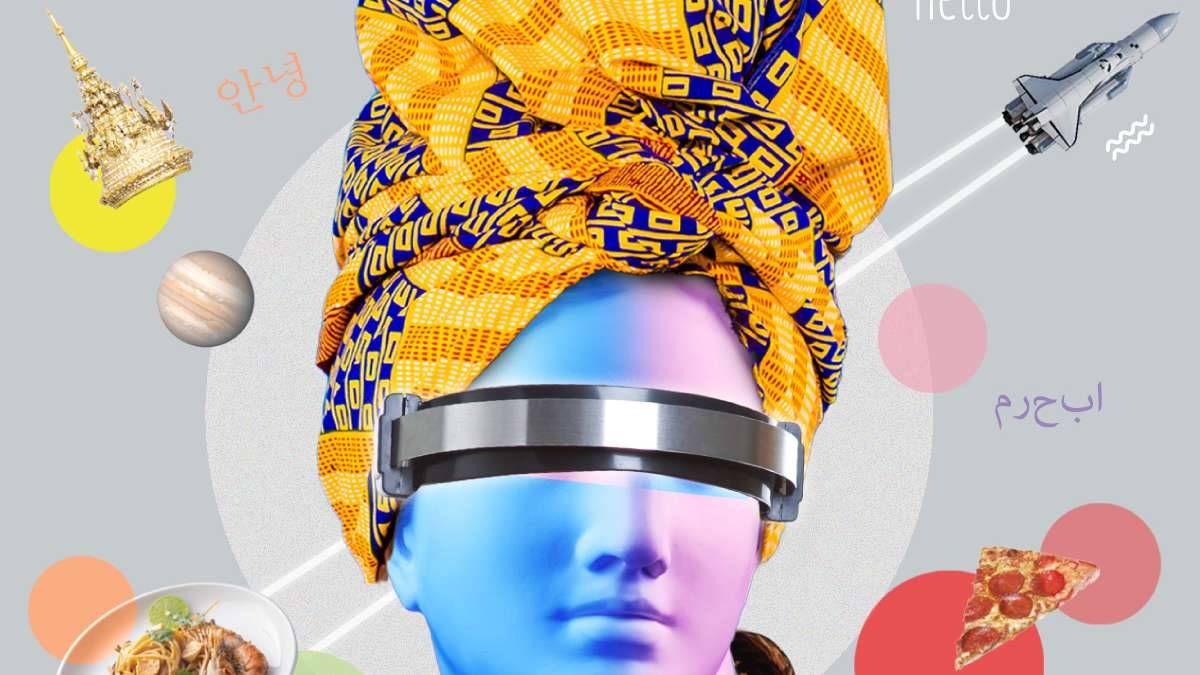
Are All Cultures Merging?
ARTICLES | Mar 16, 2022
The world is driven by highly efficient communication technology that makes distance disappear.
Interactions are expanding until the question arises: Will the word’s cultures merge into one? There are 3 arguments that suggest they won’t.
1: No signal clearly indicates the world will be dominated by the same social values. On the contrary, a lot of evidence shows multiculturalism. Multicultural western societies don’t engulf all their cultures, which blend with the mainstream. Fast food restaurants try to make their menus more authentic, showing the blending of outside and local cultures.
2: Young people choose to work in places with cultural diversity, seeking differences rather than familiarity. Thinking differently promotes the creativity and innovations that drive growth in society. Trying to make people think the same by seeing other approaches as divisive may hinder prosperity.
3: We’re living in a multi-polar world. COVID-19 required cooperation across all continents. No single country can tackle global issues alone. The G7 group has expanded to the G20 to strengthen cooperation and decentralize decision-making in global politics.
Globalization, social media, and modern technology will gather people with similar ideas and create opportunities to share social values and allow foreign cultures to influence local cultures. Social diversity and distinctive identity will remain because they add to and complete experience. Cultures in our world are not merging into one.
Implications for the future:
- The world will continue to be a multicultural society. This social complexity allows for a superficial interpretation of information to provide a broader perspective. But if we want to study something thoroughly we have to understand specific social contexts.
-Integrating foreign and indigenous cultures embodies social identity. No plan or strategy can be applied to all social contexts.
- A new culture can be created in the metaverse. When the virtual world expands we’ll see a culture we’ve never seen before.
Information: https://www.morganstanley.com, https://www.ucl.ac.uk, https://sloanreview.mit.edu, https://neuroleadership.fi, https://www.sciencedirect.com, https://eeas.europa.eu, https://www.eastasiaforum.org
Discover more about us at www.futuretaleslab.com or follow us at https://www.blockdit.com/pages/6184ec3b07f0660cad381cf9










